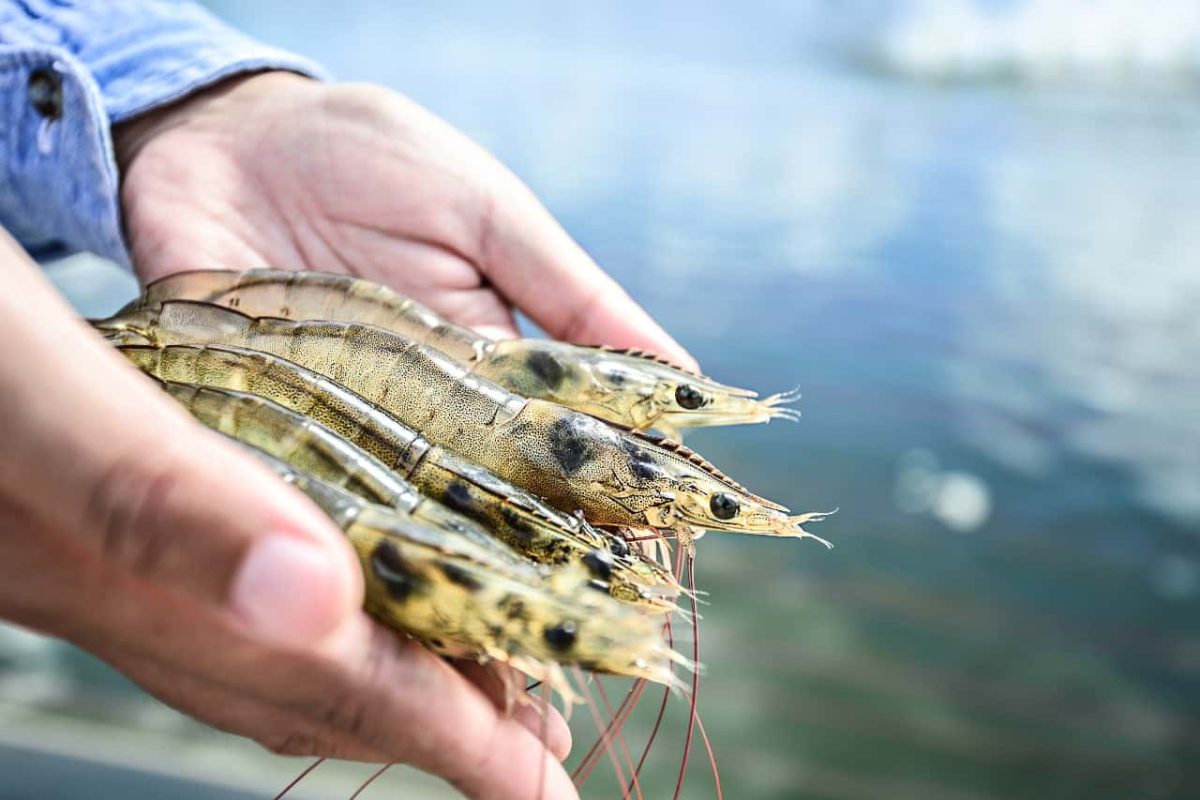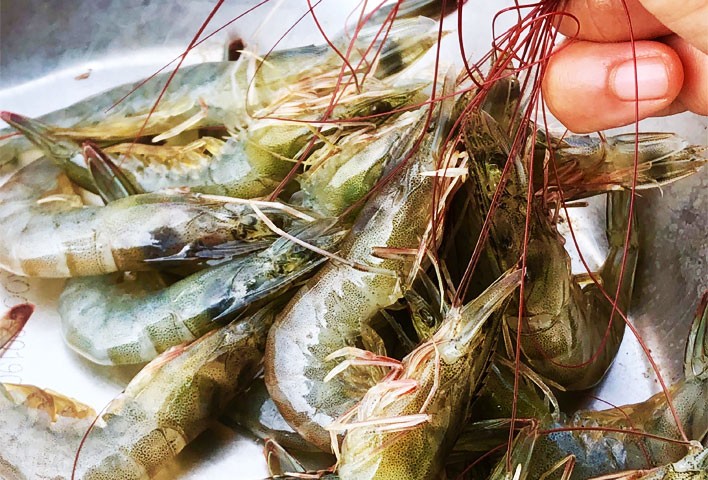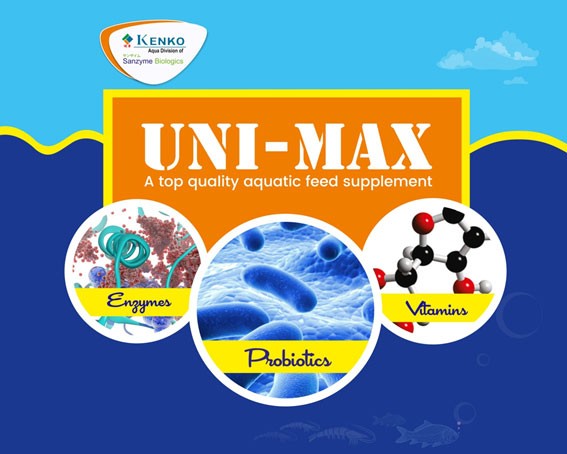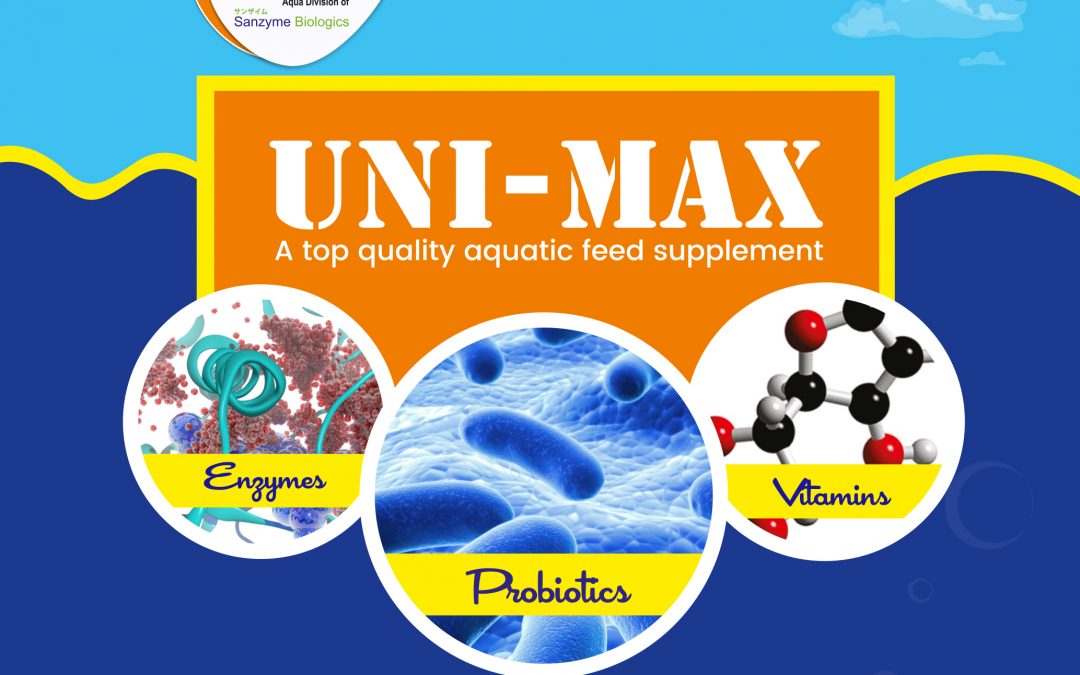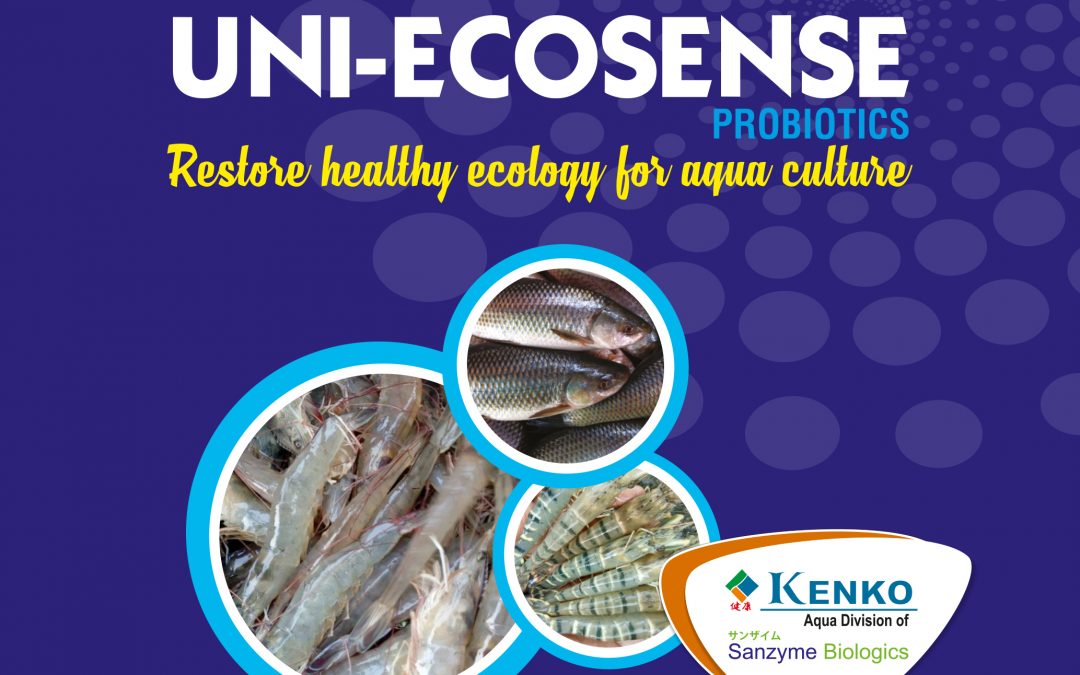Introduction
In recent years, the aquaculture industry has seen significant advancements in improving the health and productivity of aquatic organisms. One promising development is the use of probiotics – beneficial microorganisms that promote a balanced gut microbiome in fish and other aquatic species. This article explores the benefits and applications of probiotics in aquaculture, focusing on their role in enhancing immune function, nutrient absorption, and overall sustainability.
The Role of Probiotics in Aquaculture:
Probiotics are live microorganisms that, when administered in adequate amounts, confer health benefits on the host. In aquaculture, these beneficial bacteria, yeast, and other organisms play a crucial role in several key areas:
Enhanced Immune Function:
Probiotics help strengthen the immune system of aquatic species, making them more resilient to pathogens and diseases. By maintaining a healthy gut microbiota, probiotics reduce the incidence of infections and improve overall survival rates in aquaculture farms.
Improved Nutrient Utilization:
Efficient nutrient absorption is essential for the growth and development of fish and shrimp. Probiotics aid in breaking down complex nutrients, such as proteins and carbohydrates, into simpler forms that are more easily absorbed by aquatic organisms. This leads to better feed conversion ratios and optimized growth rates.
Water Quality Management:
Aquaculture systems often face challenges related to water quality, including the accumulation of organic waste and harmful metabolites. Probiotics help maintain water quality by enhancing the breakdown of organic matter and reducing ammonia and nitrite levels, creating a healthier environment for aquatic species.
Sustainable Aquaculture Practices:
As consumers and regulatory bodies place greater emphasis on sustainable food production, probiotics offer a natural and environmentally friendly solution. By reducing the need for antibiotics and chemical treatments, probiotics contribute to a more sustainable aquaculture industry.
Types of Probiotics Used in Aquaculture:
There are various types of probiotics used in aquaculture, including:
Lactic Acid Bacteria (LAB): Known for their ability to inhibit pathogenic bacteria and improve digestion. Lactic acid bacteria, notably Lactobacillus sp., Bifidobacterium sp. and Streptococcus sp. are effective against diseases caused by Vibrio sp. (Gatesoupe,1994; Olsson et al., 1998).
Bacillus spp.: Effective in breaking down organic matter and enhancing nutrient absorption. Bacillus subtilis BT23 has inhibitory effects against vibriosis in tiger shrimp Penaeus monodon (Vaseeharan and Ramasamy 2003)
Yeast: Supports immune function and aids in the digestion of complex carbohydrates.
Choosing the right probiotic strain depends on factors such as the species of fish or shrimp, environmental conditions, and specific health challenges within the aquaculture system.
Application Methods:
Probiotics can be administered to aquatic organisms through several methods:
Direct Addition to Feed:
Probiotics for aquaculture can be incorporated into feed pellets or added as a powder or liquid during feeding.
Water Treatment:
Probiotics for aquaculture can be introduced directly into the aquaculture system to improve water quality and support the overall health of aquatic species.
Biofloc Systems:
In biofloc-based aquaculture systems, probiotics play a critical role in maintaining microbial balance and optimizing nutrient cycling.
Conclusion:
In conclusion, the use of probiotics in aquaculture represents a promising strategy for enhancing the health, growth, and sustainability of aquatic organisms. By improving immune function, nutrient utilization, and water quality management, probiotics contribute to more efficient and environmentally friendly aquaculture practices. As research continues to expand, the potential applications of probiotics in aquaculture are likely to grow, offering new opportunities for innovation and improvement in the industry.
By integrating probiotics into aquaculture operations, farmers can achieve better yields, reduce environmental impact, and meet the growing demand for sustainable seafood production.
Sanzyme Biologics one of the leading manufacturer and supplier of probiotics for aquaculture. Sanzyme Biologics manufactures proprietary probiotic strains, probiotic blends, enzymes and nutritional ingredients for humans, pets and farm animals in its state-of-the-art manufacturing facility in Hyderabad, India with over fermentation capacity of 350,000 L (one of the highest in the world). Sanzyme Biologics is certified FAMI-QS, NON-GMO, NSF, HALAL, KOSHER & ISO Producing a wide range of spore forming, shelf and process stable probiotic strains. In Animal Health -Sanzyme Biologics exports AMR Gene Free Probiotic strains of Bacillus subtilis (SAN 144BS), Bacillus coagulans (SAN 135BC), Bacillus licheniformis (SAN 136BL) & Saccharomyces boulardii (SAN 158SB).
Interested in incorporating probiotics into your aquaculture operation? Contact us today to learn more about our probiotic solutions and how they can benefit your farm

